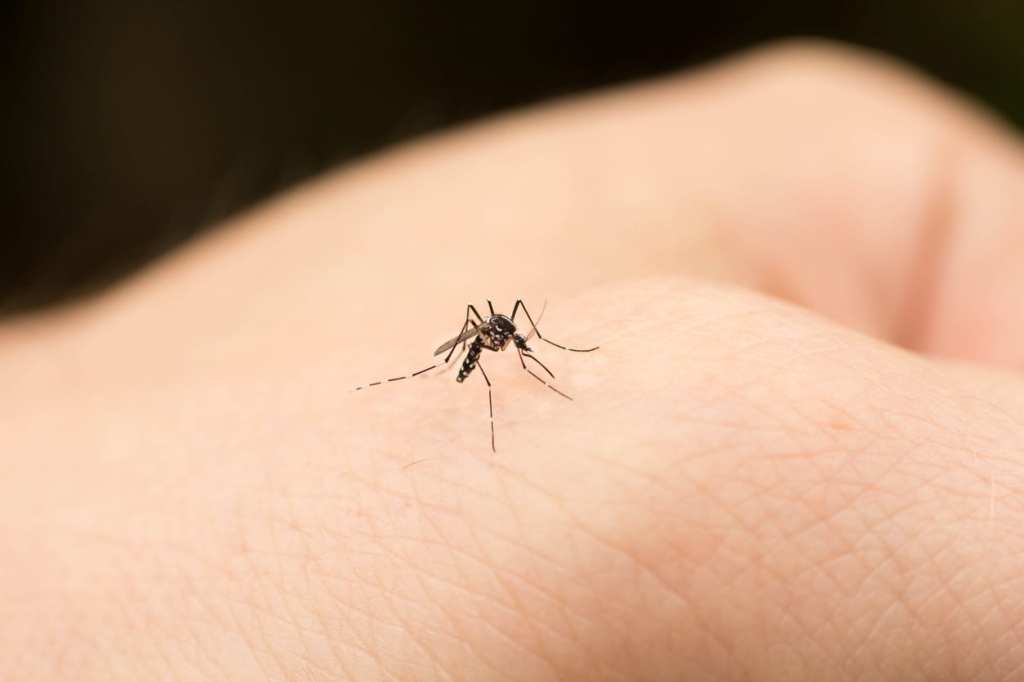If there’s one great thing about winter, it’s the lack of bugs. No pesky mosquitoes making you itch every time you go outside at night! It’s such a relief — but, like, what even happens to mosquitoes in winter? Do they fly south, like birds?
Not quite, according to Mental Floss.
Mosquitoes have difficulty surviving in any temperatures below 50 degrees Fahrenheit, but their strategy depends on their sex. Males simply die off, though not directly due to the cold — instead, the winter just happens to coincide with the end of their life cycle, when they’ve already finished mating. They actually only live for about 10 days anyway.
Females, on the other hand, enter what is called diapause, a rested state similar to hibernation. They find a hollow log to burrow into, slow their metabolism, and hunker down until the cold is over. Females can stay in diapause for up to six months, thanks to the large reserves of energy that they hoard beforehand — they eat up to 10 times their normal body weight in blood to prepare for this stage.

Photo Credit: iStock
After warm weather returns, females leave their burrow and return to their normal metabolism. Then they must search for more food (blood) to nourish their eggs, and the whole dreadful cycle starts all over again.

Photo Credit: iStock
Unfortunately, there are some exceptions to all this. Some types of mosquitoes can actually breed underground in the winter and forego food, allowing them to stay alive all throughout the cold months. A species called Culex pipiens molestus invaded a poor Manhattan neighborhood in exactly this manner.
Bummer.






